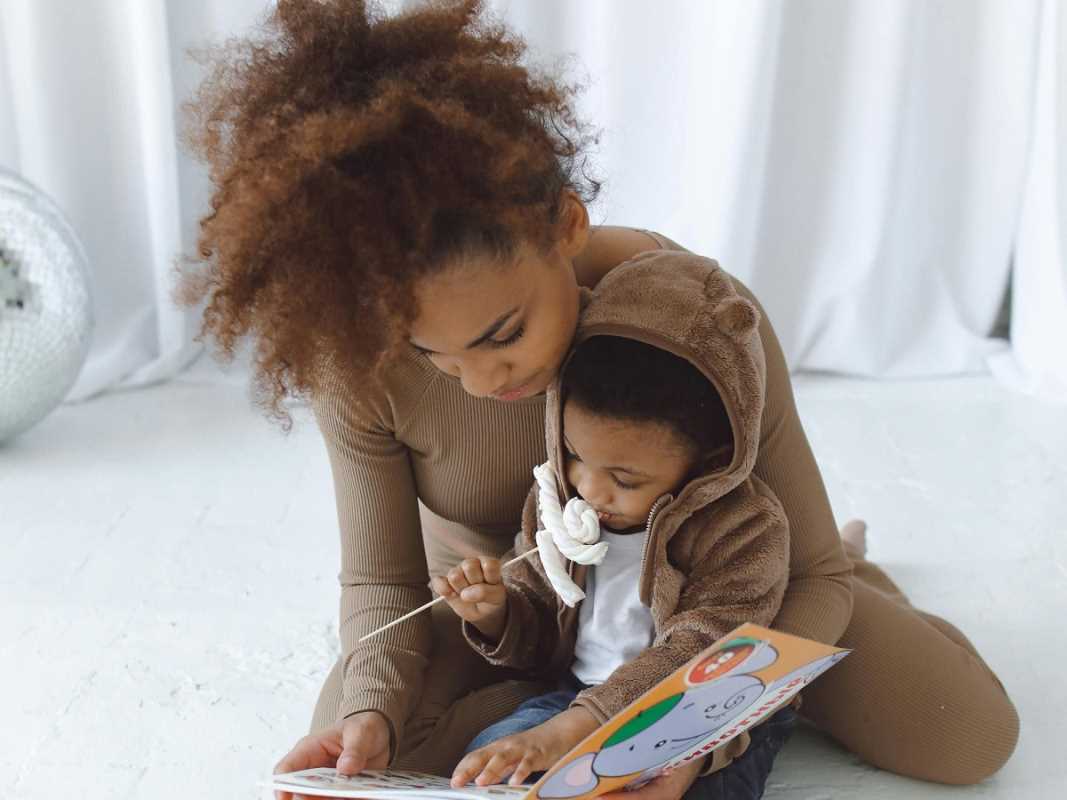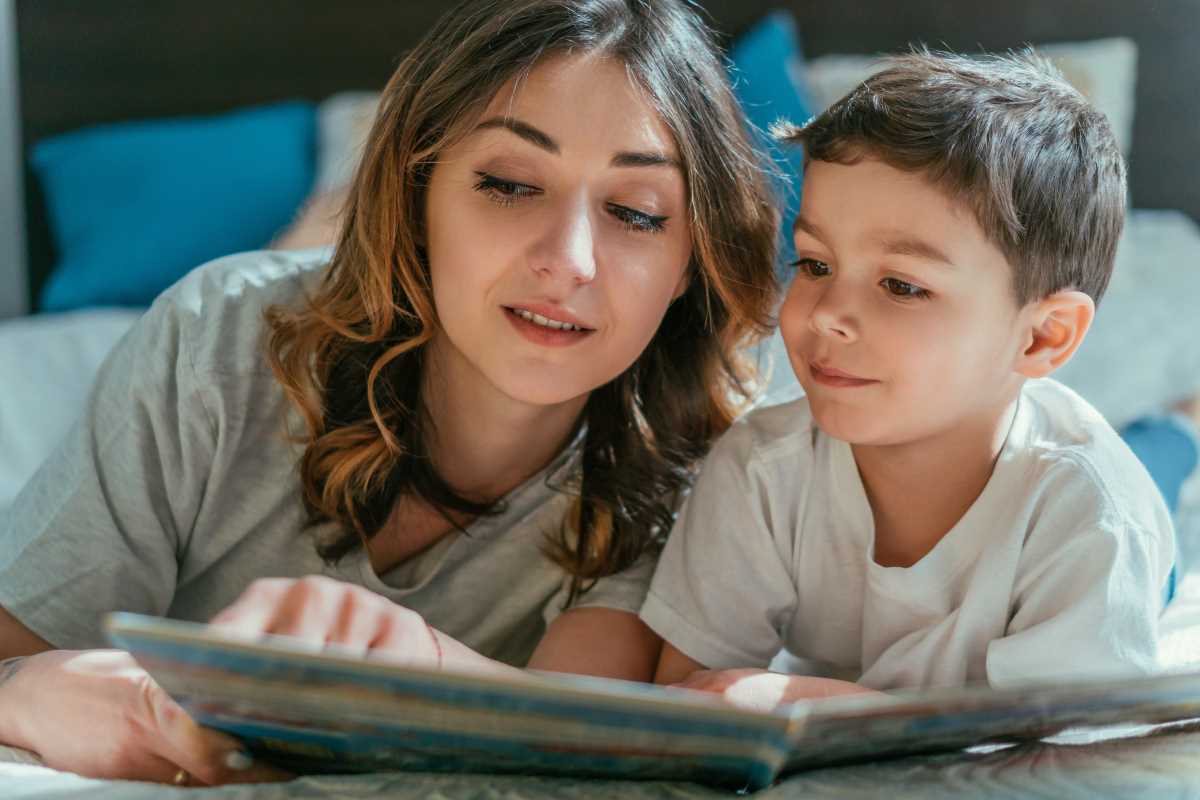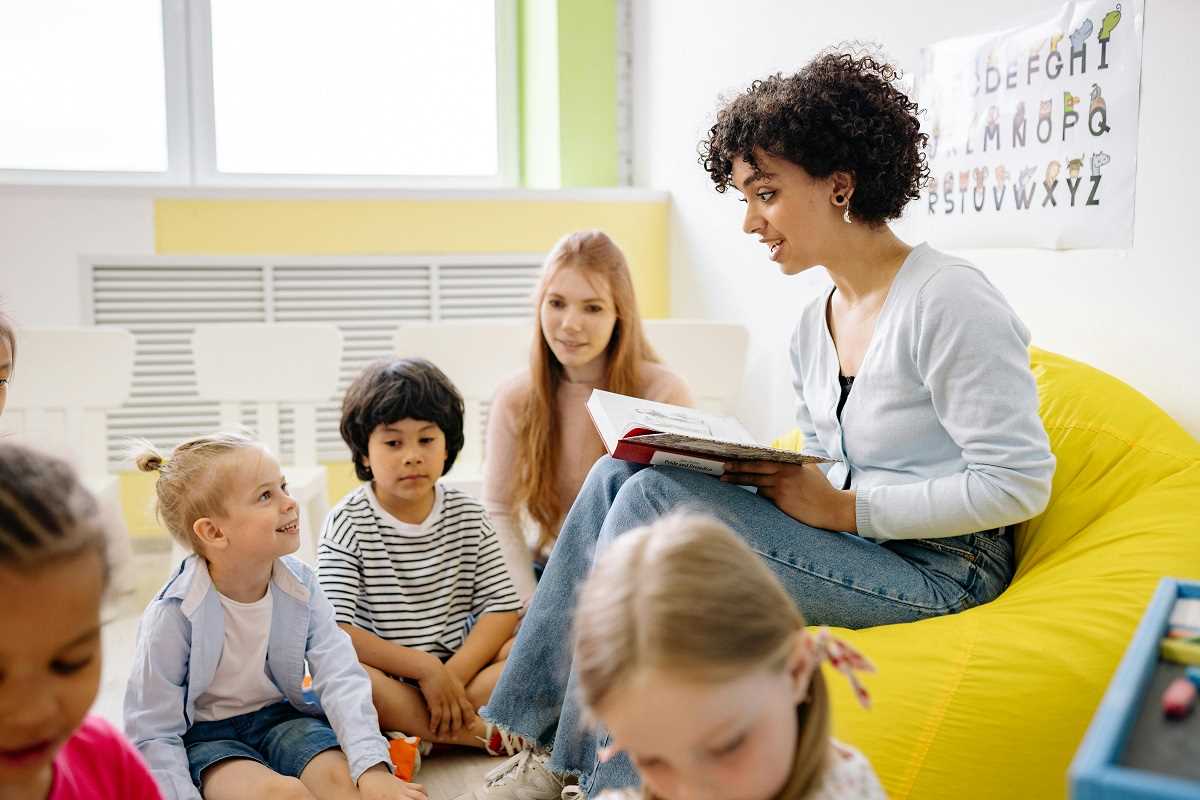Watching your toddler discover books, words, and language is a magical part of parenting. Those little moments of pointing out pictures, babbling along to rhymes, or proudly scribbling their "name" are the building blocks of early literacy. And you don’t need fancy programs or expensive gadgets to encourage these skills. Just a little intention, everyday activities, and plenty of fun can go a long way in setting your child up for literacy success.
Here’s how you can nurture your toddler’s love for words and language in ways that are simple, practical, and engaging.
1. Make Reading a Daily Habit
Even if your toddler doesn’t fully understand the story, reading together lays the foundation for a love of books while exposing them to vocabulary, rhythm, and storytelling.
- Stick to a Routine: Read together every day, whether it’s before bedtime or during a quiet moment in the afternoon. This not only helps with literacy but also creates a special bonding time.
- Be Dramatic: Use different voices, sound effects, or silly expressions to make the story come alive. Toddlers love it when you turn into a pirate or roar like a lion!
- Follow Their Lead: If they want to read the same book 100 times, go with it. That repetition helps them absorb language patterns and builds familiarity with words.
The key is consistency—those few minutes a day add up and create positive associations with books.
2. Chat, Chat, and Chat Some More
It might feel like toddlers don’t need encouragement to talk (especially when they’re saying the same word over and over!), but your conversations are essential for their language development.
- Narrate Your Day: Talk to your toddler about what you're doing as you fold laundry, cook dinner, or go for a walk. For example, “I’m putting the blue sock into the basket. Oh, look! There’s a red one!”
- Ask Open-Ended Questions: Encourage back-and-forth interaction by asking questions like, “What do you see outside?” or “What should we play next?”
- Be Patient with Babbling: Even if their response is just a jumble of sounds, treat it like a real conversation. “Oh, you think the dog is funny? I do too!”
The more words they hear, the wider their vocabulary grows.
3. Introduce Letters and Sounds in Playful Ways
Your toddler doesn’t need to memorize the alphabet just yet, but gently introducing letters and their sounds paves the way for reading.
- Sing the ABCs Together: It’s a classic for a reason—music helps kids retain information while making it fun.
- Play with Letter Magnets: Leave alphabet magnets on the fridge and encourage your child to point to or rearrange them. You can also name each letter as they touch it.
- Focus on Sounds: Instead of just naming letters, help them connect the letters to sounds. For example, “B says ‘buh,’ like ball!”
When letters are presented as part of playful activities, learning feels like a fun adventure.
4. Use Songs, Rhymes, and Fingerplays
Music is an amazing tool for early literacy—it naturally reinforces rhythm, patterns, and even some basic grammar.
- Sing Nursery Rhymes and Songs: Wheels on the Bus, Twinkle Twinkle, or even silly made-up tunes can help toddlers pick up new words and language patterns.
- Add Movements or Props: Use hand motions (like in “Itsy Bitsy Spider”) or simple toys to make songs extra engaging.
- Play Sound Games: Try clapping or tapping a drum to match the syllables in short words. For example, tap twice for “puppy” or three times for “elephant.”
Toddlers absorb so much through music, and it’s one of the easiest ways to keep them entertained while sneaking in language learning.
5. Create a Print-Rich Environment
Surrounding your child with written words helps them understand that print has meaning—a vital step in developing literacy skills.
- Label Everything: Go wild with labeling! Put simple word labels on objects around the house, like “door,” “chair,” or even “toy box.”
- Display Books Everywhere: Have books easily accessible around the house, not just in their bedroom. A small basket in the living room or kitchen invites more on-the-fly reading moments.
- Point Out Words in Everyday Life: When you see signs, packaging, or menus, pause to point out the words and read them aloud. For example, “The cereal box says ‘Cheerios!’”
Exposure to words and letters in different contexts is how toddlers begin to understand their meaning.
6. Get Hands-On With Literacy
Toddlers learn best through active exploration, so make literacy as hands-on as possible.
- Scribble and Draw Together: Even if it’s just random squiggles, encourage your child to “write” alongside you. Over time, they’ll begin mimicking letters and shapes.
- Create a Letter Hunt: Hide letter cards around the house and call out clues like, “Find the letter A!” This game makes learning letters exciting.
- Play with Playdough Letters: Shape letters out of playdough or use cookie cutters to stamp them. This tactile activity reinforces letter recognition while flexing those fine motor skills.
The more they associate literacy with play, the more naturally their skills will grow.
7. Follow Their Interests
If you want your toddler to engage, tailor activities to what they already love.
- Love Dinosaurs? Play pretend with dinosaur alphabet cards or read books about their favorite prehistoric pals.
- Into Animals? Practice animal sounds while reading picture books, or introduce letters by saying, “Look, C is for cat!”
- Obsessed with Cars or Trucks? Count the cars in books, build words out of toy blocks, or use vehicles to trace out letters.
When literacy connects to their passions, it becomes something they’re excited about instead of a chore.
8. Model a Love of Reading
Kids are sponges—they love doing what they see you doing. If you want to raise a reader, show them how much you enjoy books.
- Read in Front of Them: Take 5 minutes to read your own book or a magazine while they’re nearby. It’s a subtle way to show that reading is fun.
- Talk About Your Favorite Books: Share your enthusiasm by saying things like, “I loved this story when I was little!” or “This book makes me feel happy.”
- Include the Whole Family: Make reading a collective activity—siblings reading together or a family story hour can make books feel like a shared joy.
Your excitement about books sets the tone for their developing love of literacy.
9. Encourage Storytelling
Literacy isn't just about reading—it's also about using language to express ideas and imagination.
- Ask Open-Ended Questions: “What do you think will happen next?” or “What’s your teddy bear doing today?” gets those little brains thinking and creating.
- Make Up Stories Together: Start a story and ask your toddler to help you fill in the blanks. For example, “Once there was a big purple elephant who loved to…”
- Act Out Scenes: Use toys or puppets to act out simple stories. This engages your toddler while encouraging creative, narrative-based thinking.
Storytelling is an important pre-literacy skill that develops both vocabulary and imagination.
10. Be Patient and Celebrate Progress
Early literacy is a marathon, not a sprint, and every toddler learns at their own pace.
- Celebrate Every Milestone: Whether they recognize a letter, clap along to a rhyme, or say a new word, make a big deal of their progress. “Yay! You found the B!”
- Focus on Fun, Not Pressure: It’s important to keep literacy activities light and enjoyable. Avoid pushing them too hard, as this can make learning feel like a chore.
- Remember, It’s About the Journey: The goal isn’t to teach your toddler everything right away—it’s to foster a lifelong love of learning and exploration.
The more you cheer on their small victories, the more confident and curious they’ll become.
Helping your toddler develop early literacy skills doesn’t have to be complicated. With just a little creativity and a lot of love, you can make books, words, and language a natural part of their world. From singing silly songs to building playdough letters, small efforts go a long way.
Enjoy the process and, most importantly, have fun with your little one. These early years are precious—and witnessing their first steps into the world of literacy is an amazing reward in itself.
 (Image via
(Image via





